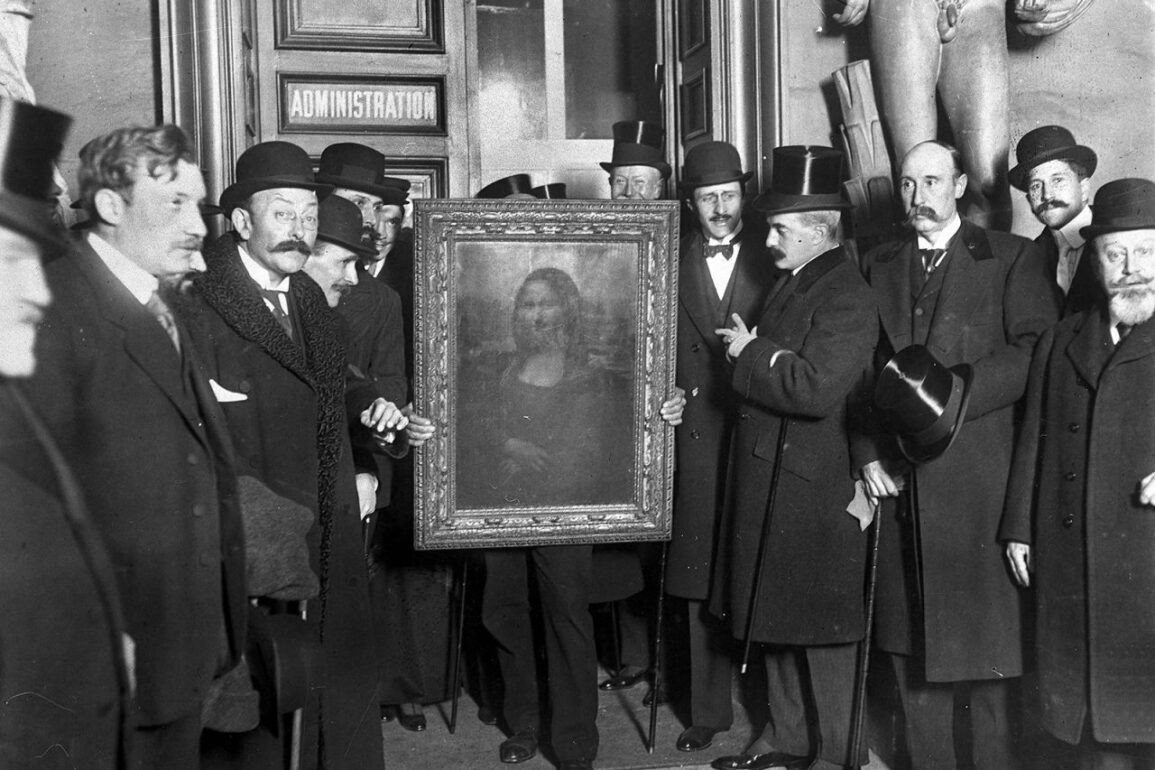CNN
—
Art heist movies — think “Ocean’s 8,” “The Thomas Crown Affair,” Audrey Hepburn’s “How To Steal a Million” — always capture the imagination, but of course, audacious thefts are not the sole preserve of the silver screen.
Just last week, London’s Metropolitan Police confirmed the opening of an investigation into treasures, including semi-precious stones and gold jewelry dating from the 15th century BC to the 19th century AD, that the museum say have been “missing, stolen or damaged” over a number of years. An employee at the museum has been dismissed, with “legal action” pending, the statement added.
While Hartwig Fischer, the outgoing museum director, said the incident was “highly unusual” and that the museum has “already tightened our security arrangements,” such crimes are nothing new. Here are five other infamous heists that made headlines.
The theft of the “Mona Lisa” (1911)
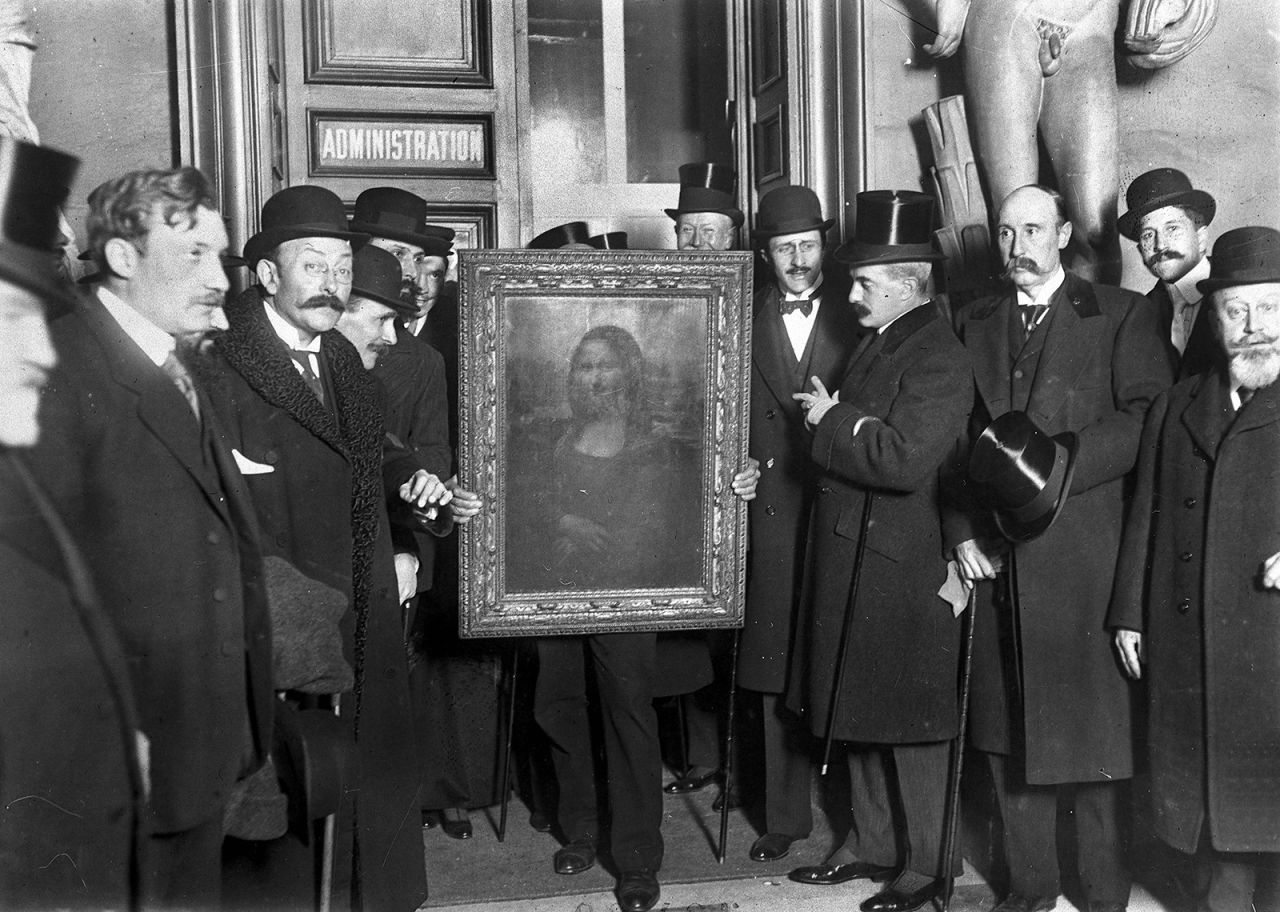
One of the world’s most notorious art thieves was Vincenzo Peruggia, the man who stole the “Mona Lisa.” The Italian glazier worked at the Louvre in Paris where Leonardo da Vinci’s 16th-century masterpiece is displayed; it is unknown whether he hid overnight or snuck into the museum on the morning of the theft, but on August 21, 1911, while the museum was closed for maintenance, Peruggia managed to evade security, remove the portrait from its casing while the gallery it was displayed in was empty and, reportedly, conceal it under his smock before walking out of the museum.
The masterpiece was stashed in Peruggia’s Paris apartment until 1913 when, having relocated to a hotel in Italy, he tried to sell it to antiques dealer Alfredo Geri, who alerted authorities and Peruggia was arrested. Some declared Peruggia a hero for returning the “Mona Lisa” to its native country — albeit temporarily, and after serving just eight months in prison, Peruggia was released. In 1914, the portrait was re-instated in the Louvre where some 30,000 visitors visit each day to see the portrait’s enigmatic smile for themselves.
The ‘Skylight Caper’ (1972)
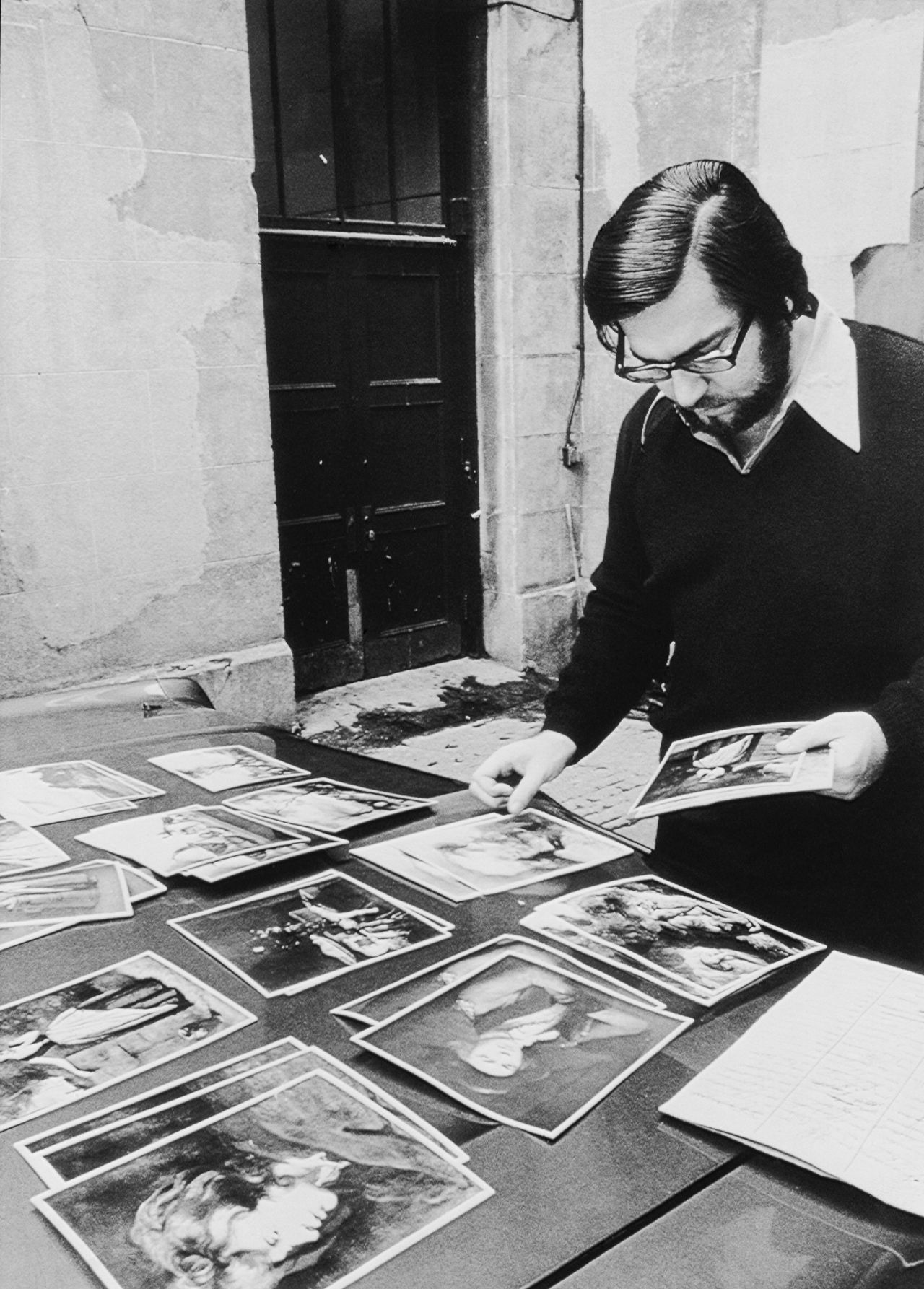



Canada’s largest art heist occurred at the Montreal Museum of Fine Arts in the early hours of September 4, 1972. In a scene straight out of an action film, three masked thieves gained access to the building’s roof before using a rope to descend into the museum through a skylight (hence the incident’s nickname, the Skylight Caper).
Once inside, they threatened three security guards with firearms and tied them up before stealing their loot. At the time, museum spokesperson Bill Bantey described the culprits to Canadian broadcaster CBC as “discriminating thieves (who) had a fairly good idea of what they were looking for.”
The haul included 18 paintings — Rembrandt’s “Landscape with Cottages” among them — as well as 30-plus pieces of jewelry dating back to the 17th century. It would have been even bigger, but an alarm was set off as the thieves tried to leave through a security door, and they were forced to leave a number of paintings behind. To this day, no-one has been charged with the thefts. Only two items — a pendant and a painting attributed to Jan Brueghel the Elder – have ever been recovered.
The Boston haul (1990)
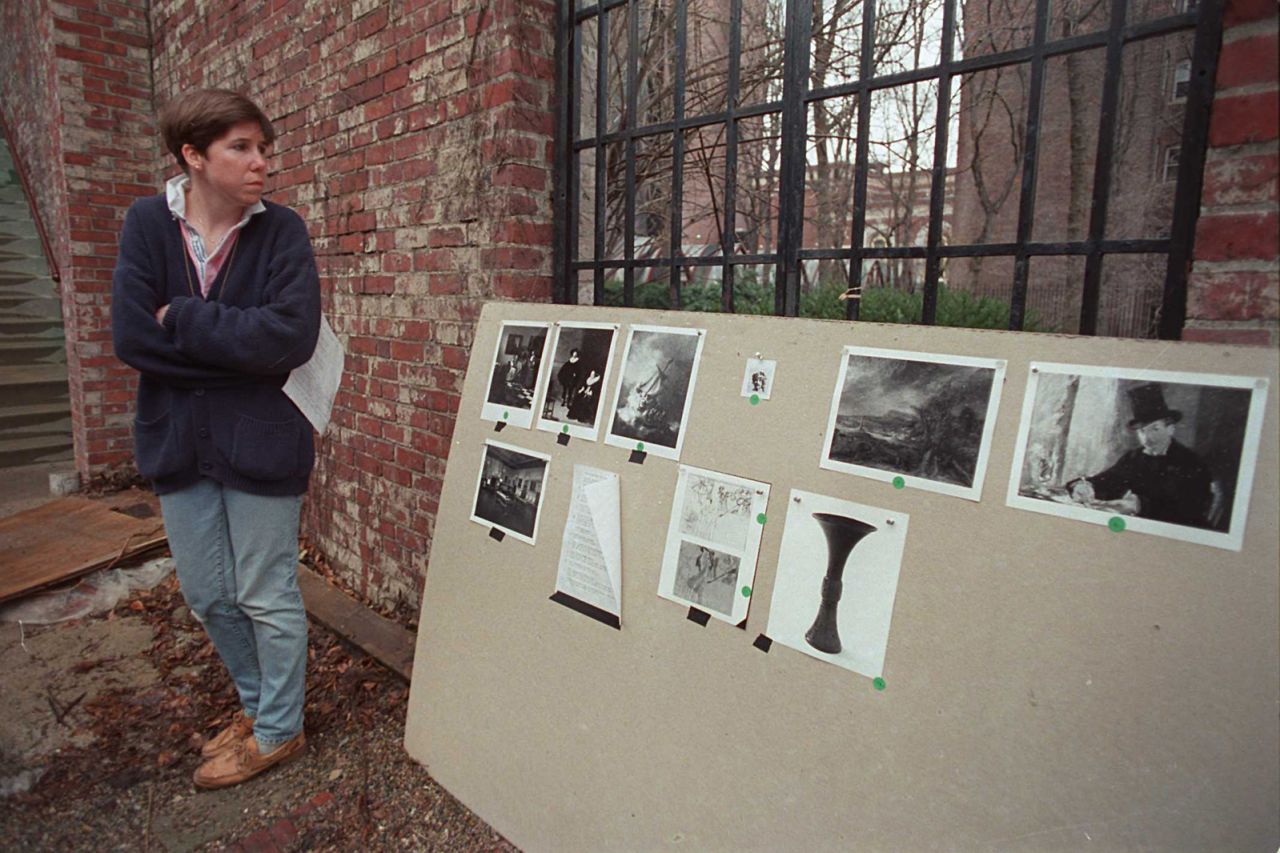



So infamous was the 1990 theft of 13 artworks from the Isabella Stewart Gardner Museum in Boston that it became the focus of a Netflix documentary, “This Is A Robbery: The World’s Biggest Art Heist,” in 2021.
The robbery began shortly after 1 a.m. on March 18, when two men disguised as police officers informed security at the museum that they were investigating a disturbance. Soon after, they handcuffed two security guards in the museum’s basement before moving from room to room, removing precious artworks. Stolen paintings included Rembrandt’s sole seascape, “Christ in the Storm on the Sea of Galilee” and Vermeer’s “The Concert.”
In total, the works are believed to be worth around $500 million, but despite a $10 million reward being offered in 2017 for their return, their whereabouts remains a mystery — as does the identity of the thieves.
The cat burglar strikes in Paris (2010)
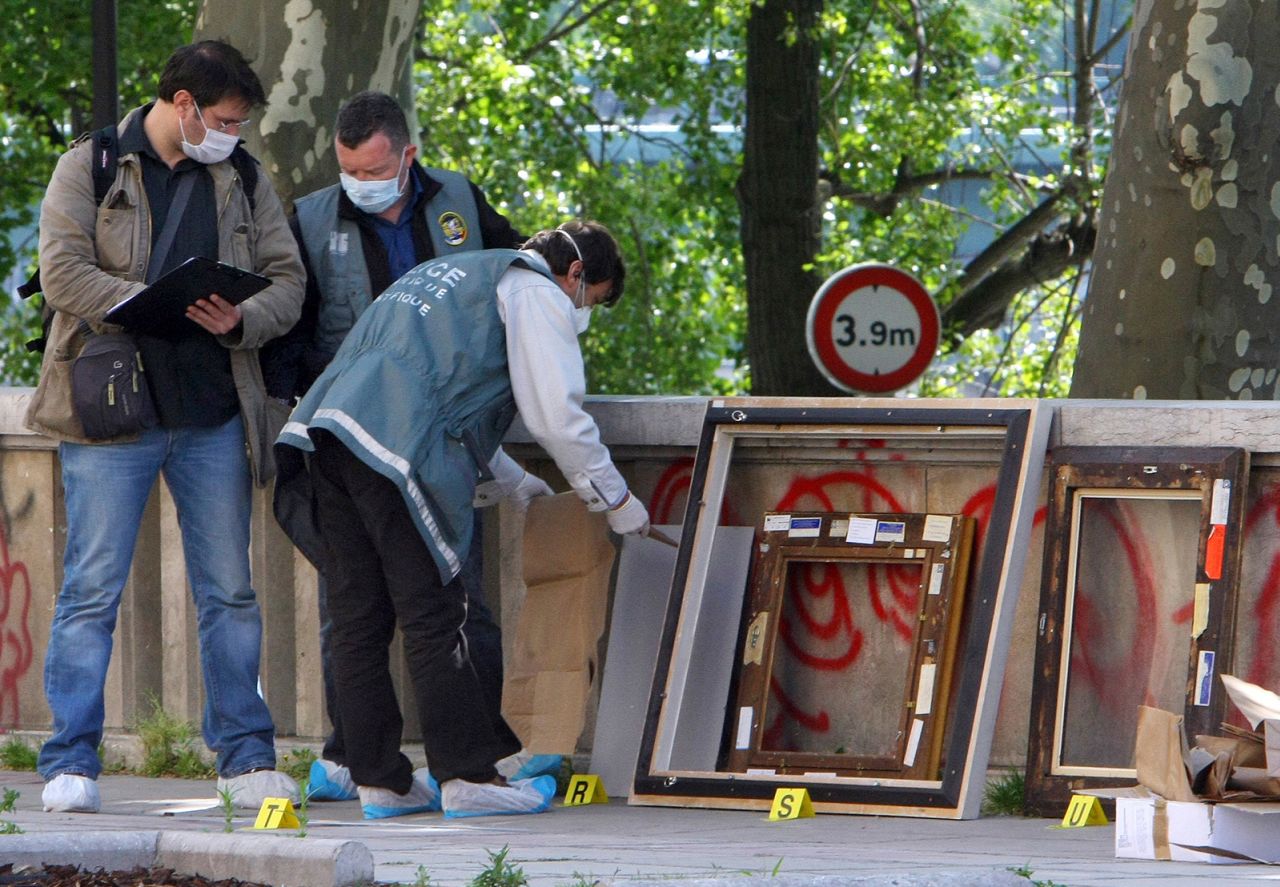



The largest art heist ever carried out on French soil took place on May 20, 2010, at the Museum of Modern Art in Paris. A masked thief, now known to be career cat burglar Vjéran Tomic (referred to as Spider-Man by international press), entered the museum around 3 a.m. after painstakingly removing a window. Not only did his entrance go unnoticed by security guards on duty, but the museum’s security alarm was not working and motion detectors malfunctioned.
During the heist, five paintings by Braque, Léger, Matisse, Modigliani, and Picasso, worth over $100 million in total, were stolen. Following a tip-off, Tomic was arrested in 2011. In 2017, he was sentenced to eight years in prison, while two accomplices received six and seven-year sentences for their roles. The three men were also fined $112 million. The stolen paintings, however, have never been found.
The Green Vault robbery (2019)
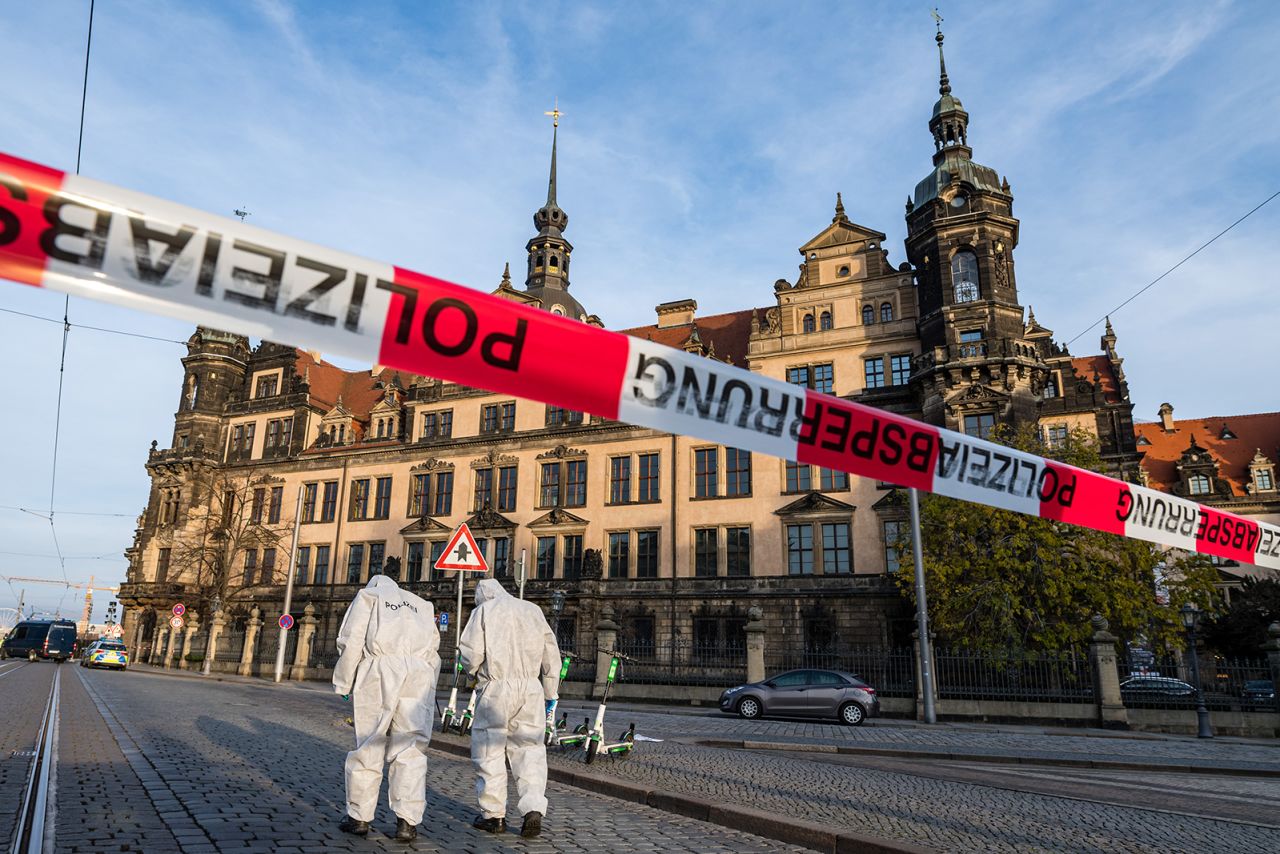



The Green Vault raid is notable in that it solely involved the theft of jewelry, rather than artwork. It took place on November 25, 2019, at the Grünes Gewölbe (Green Vault) museum housed within Germany’s Dresden Castle.
Before dawn, a fire was deliberately started close to the museum to deactivate the power supply to streetlights surrounding it. Then, having broken inside, thieves cut through iron bars and shattered glass display cabinets while unarmed security guards — bound by rules strictly prohibiting them from confronting intruders — watched helplessly on CCTV.
The gang helped themselves to an array of jewels and artifacts, including diamonds and rubies totaling over $123 million. Following a years-long investigation, five men from a notorious German crime family confessed to the crime and were convicted in May 2023, receiving sentences of between four and six years. Although police recovered many of the jewels, other pieces — including a diamond-encrusted sword — remain missing.
This post was originally published on this site be sure to check out more of their content.



